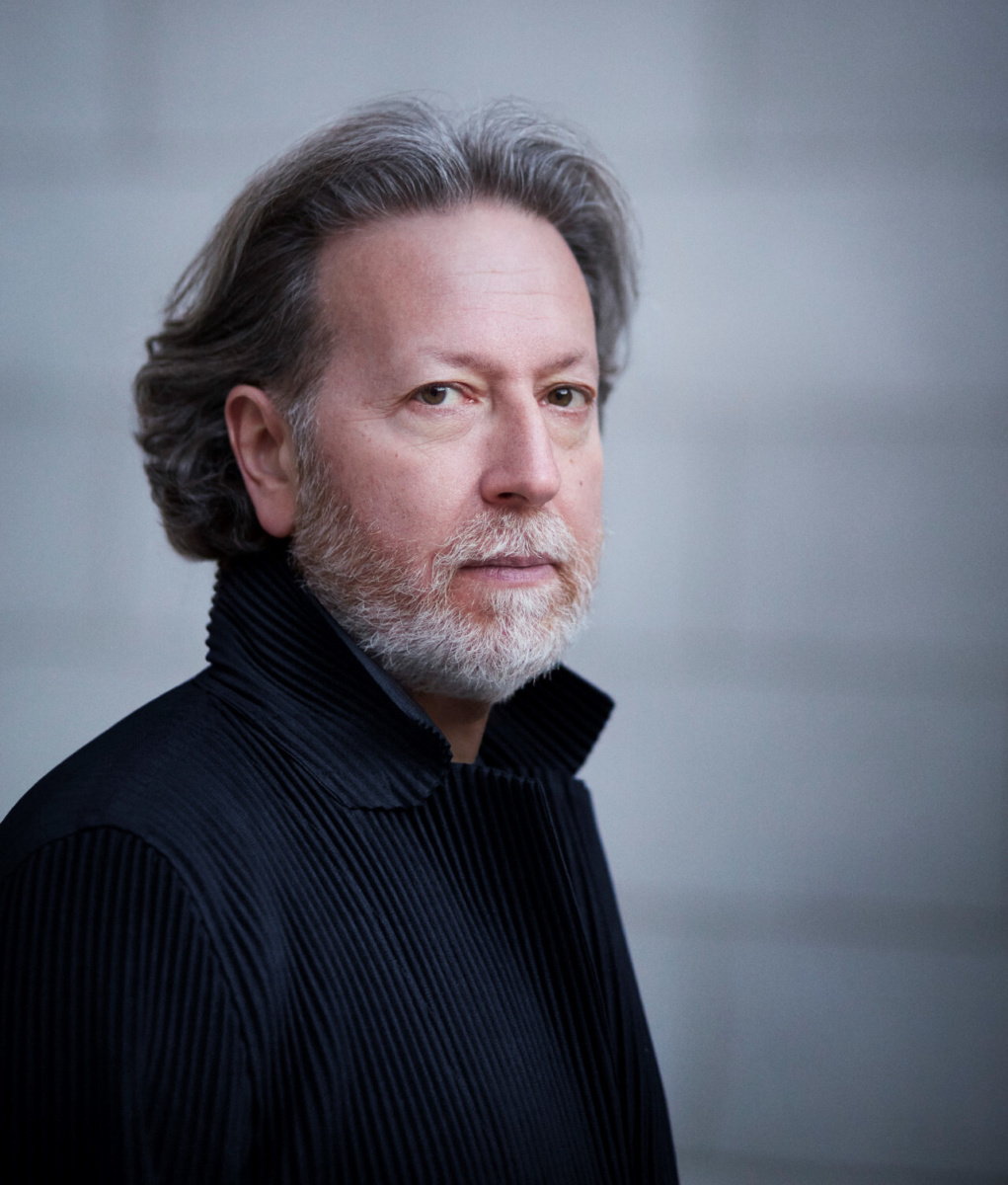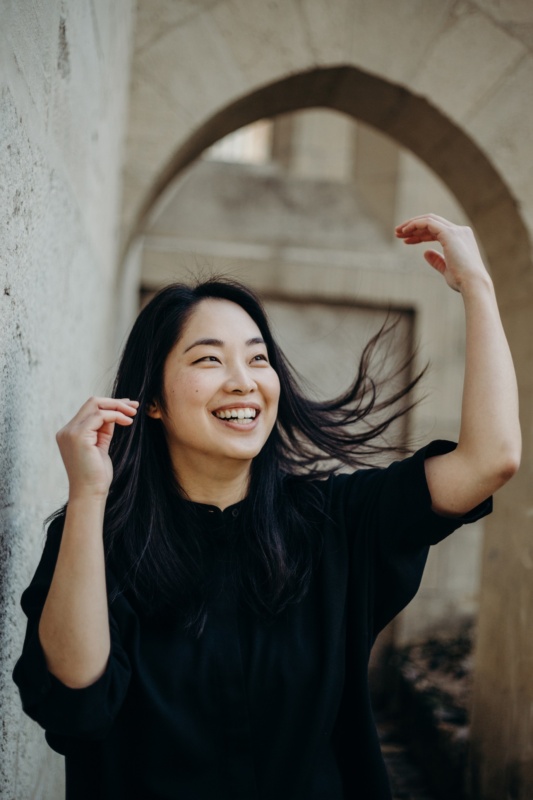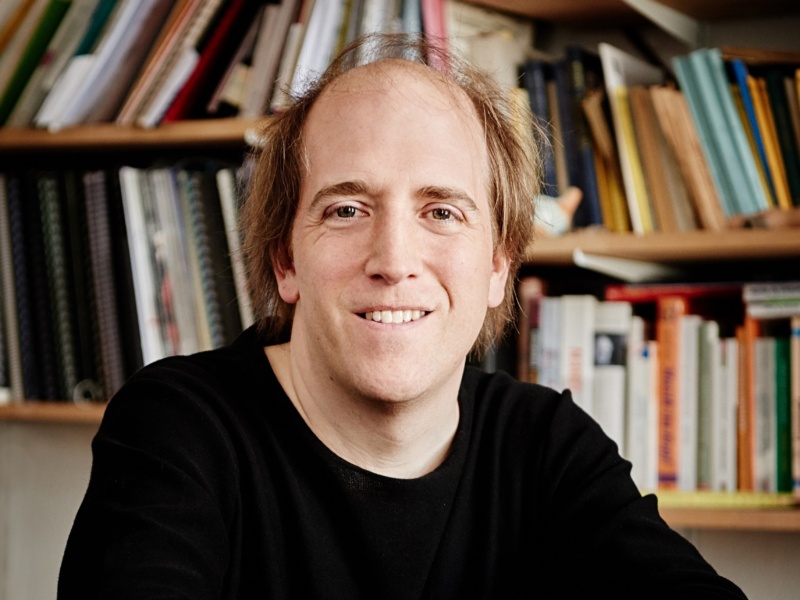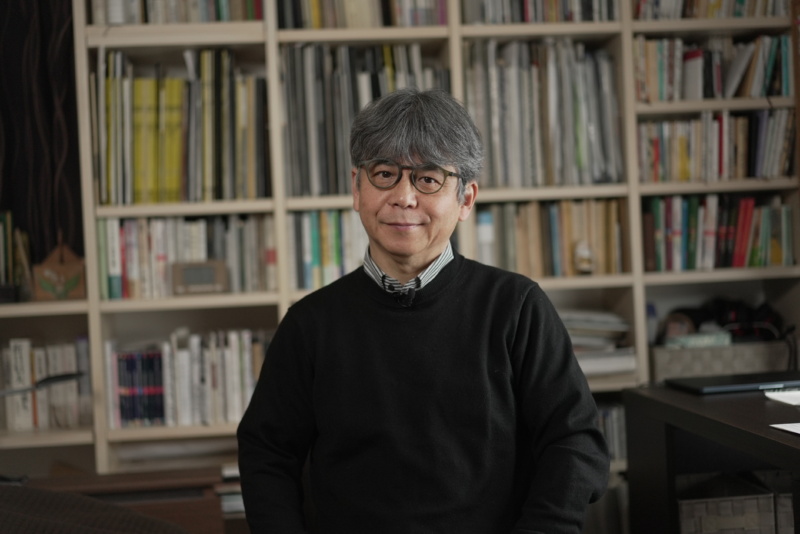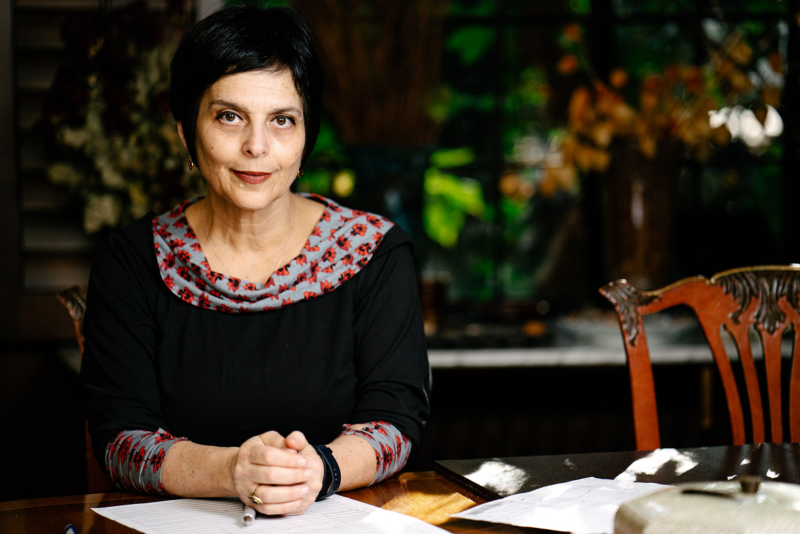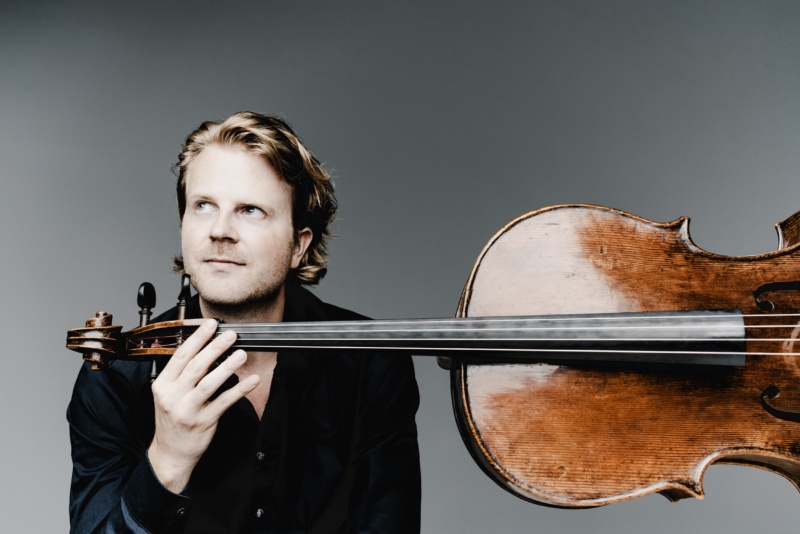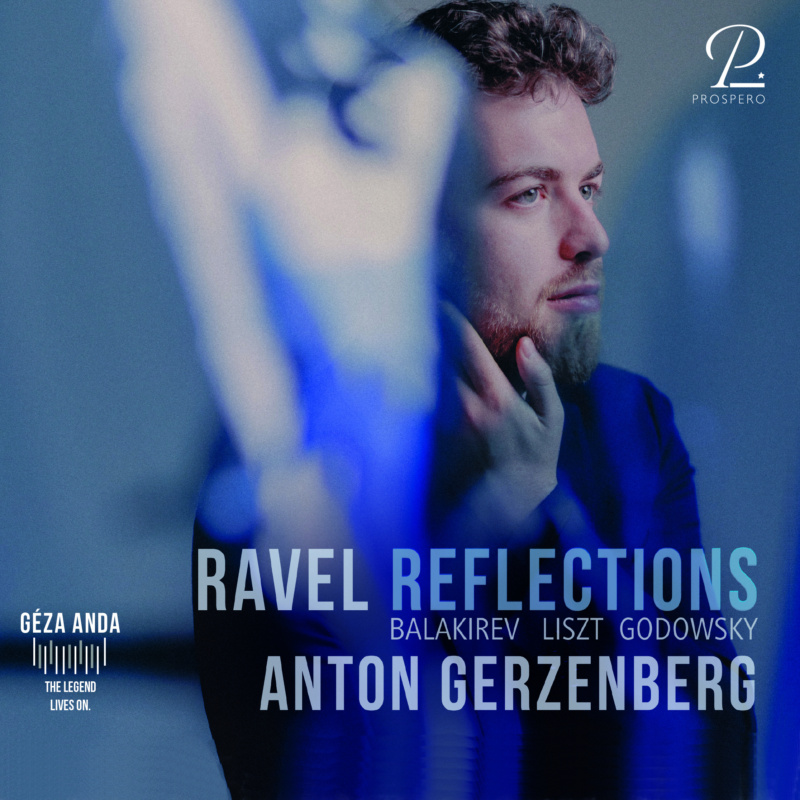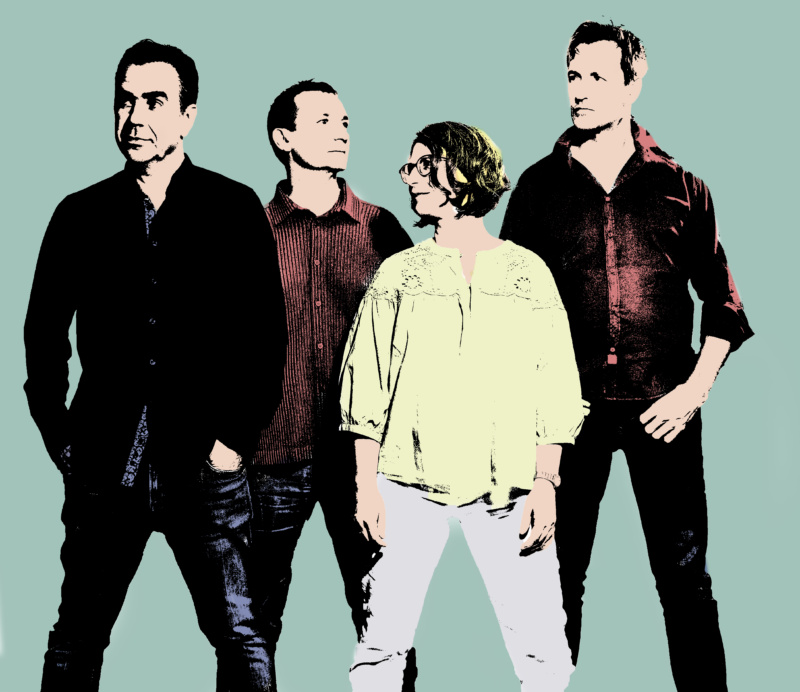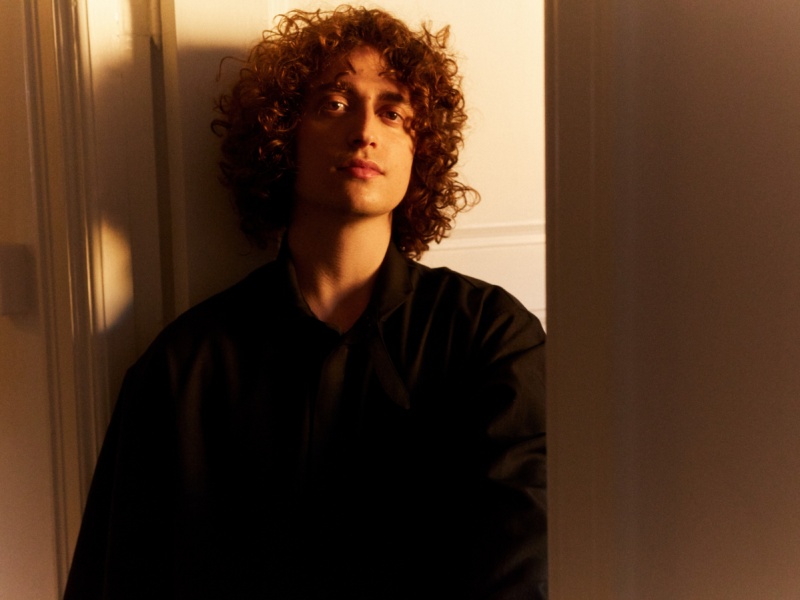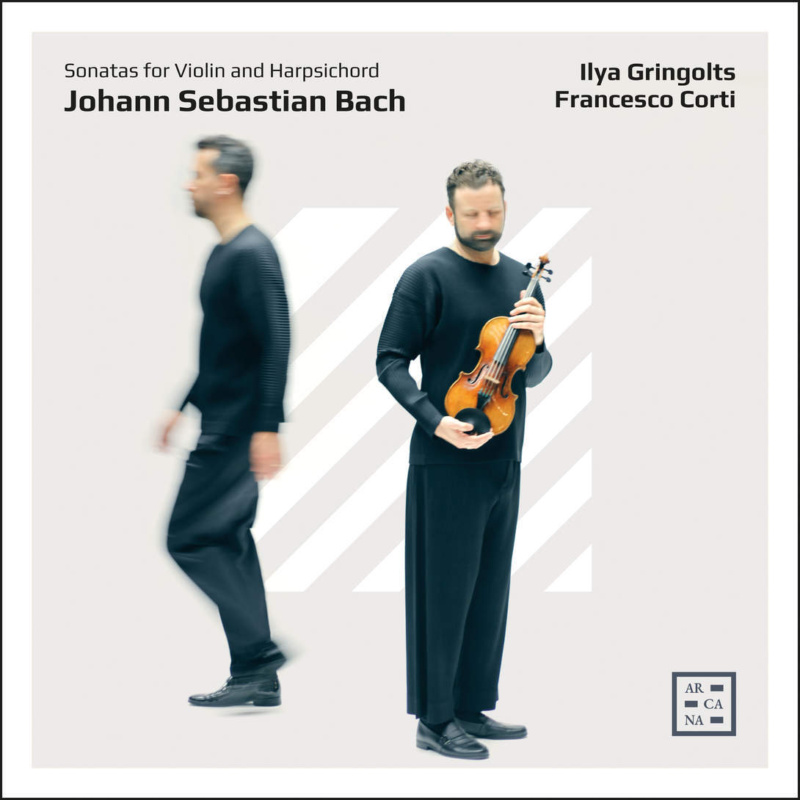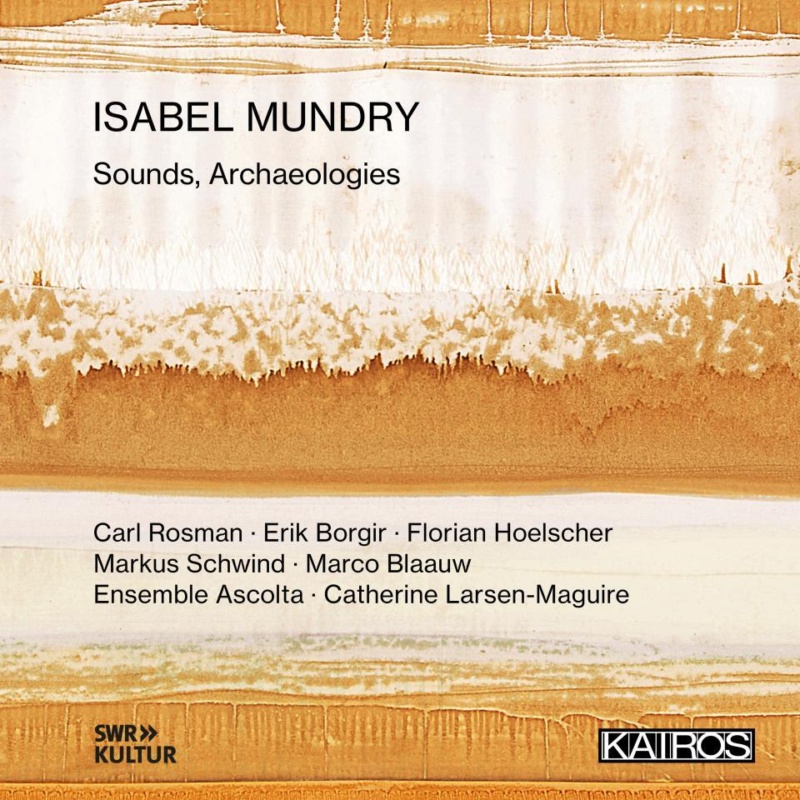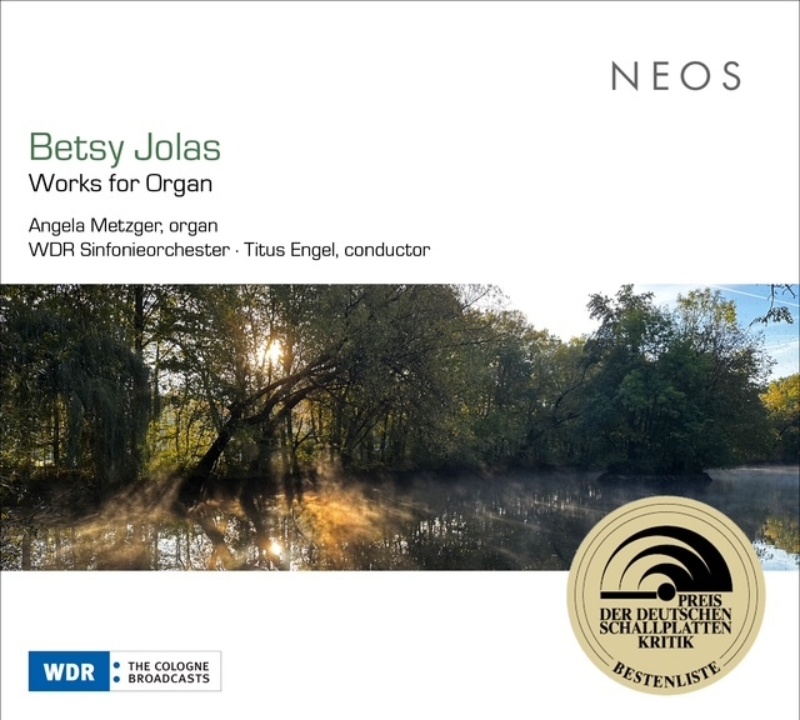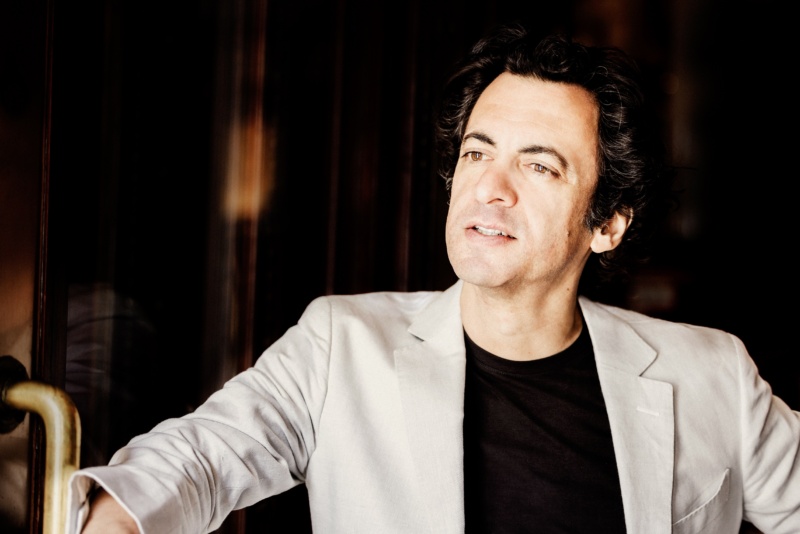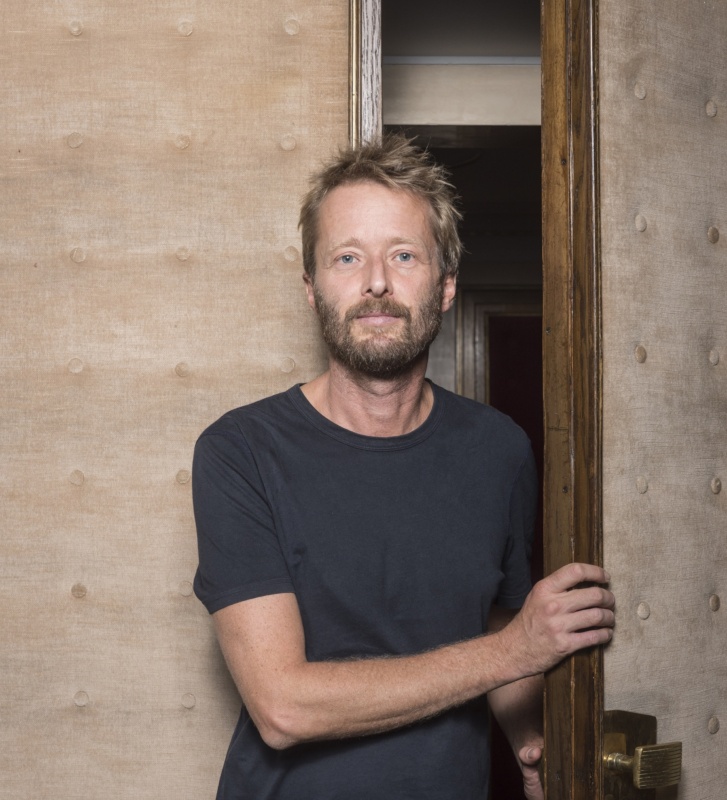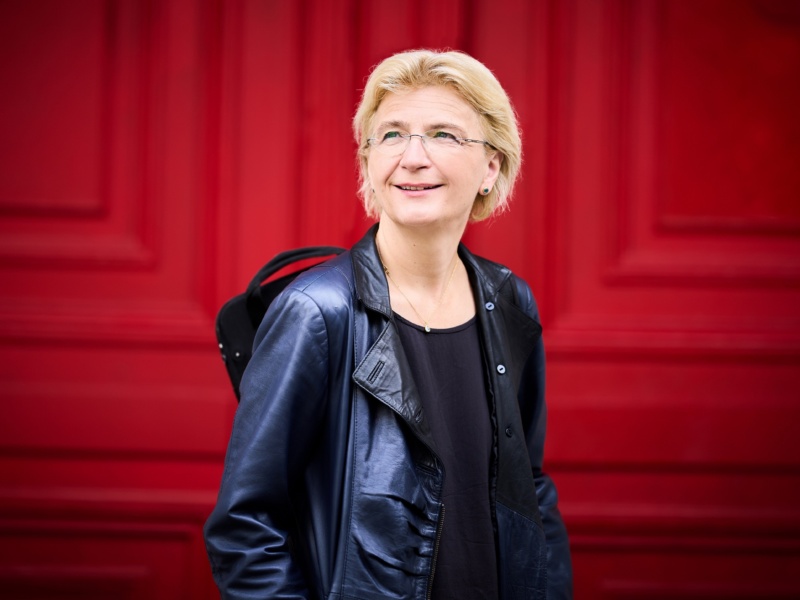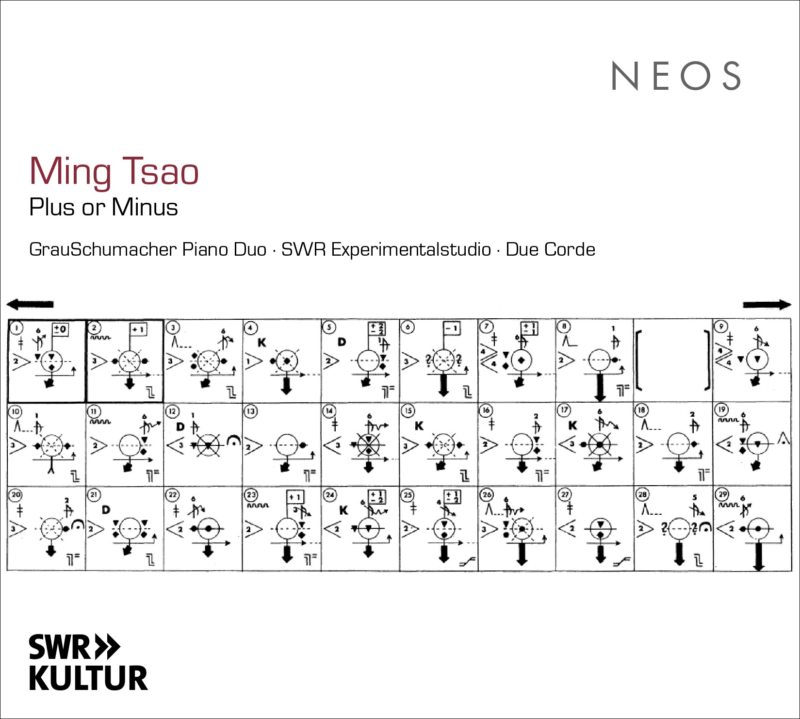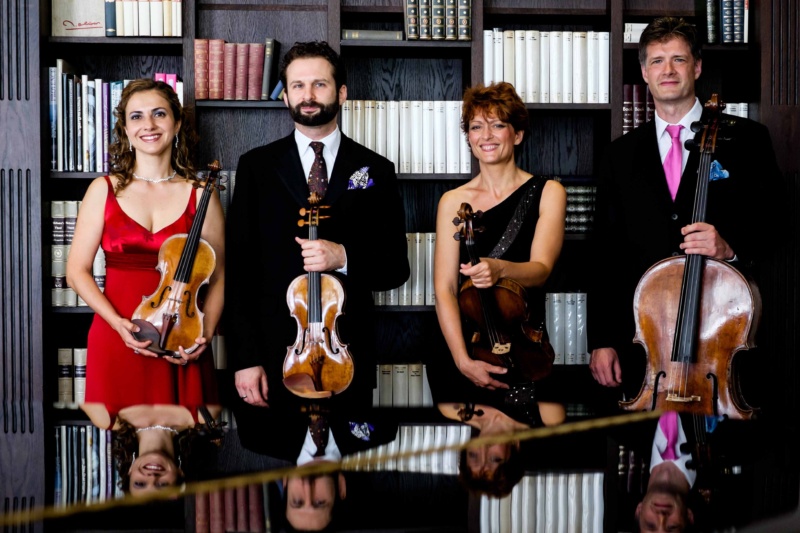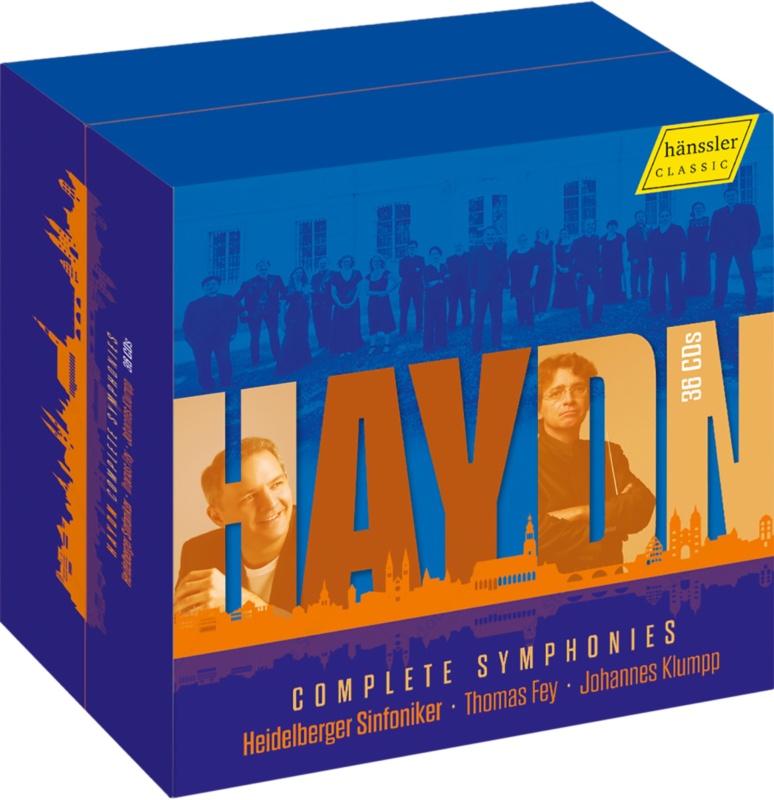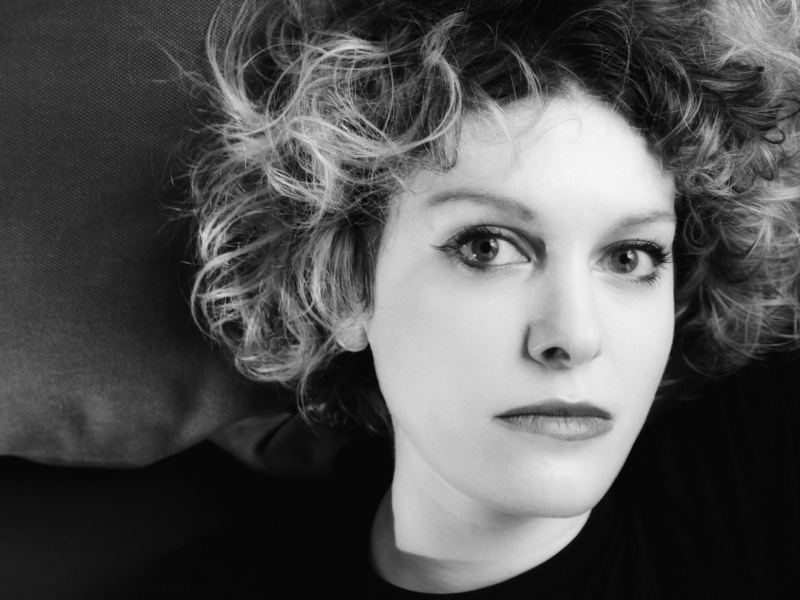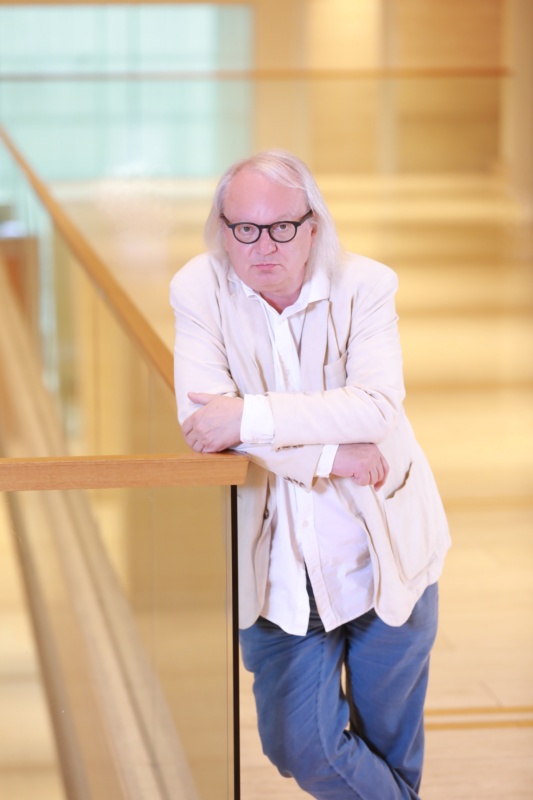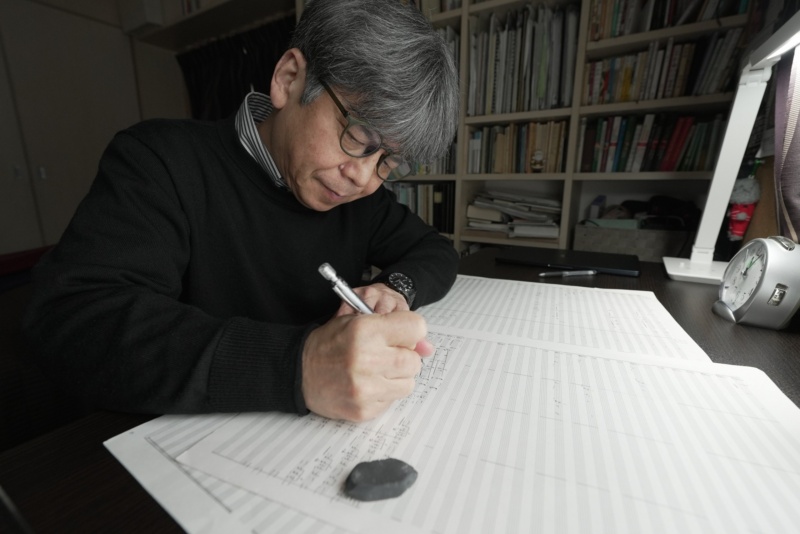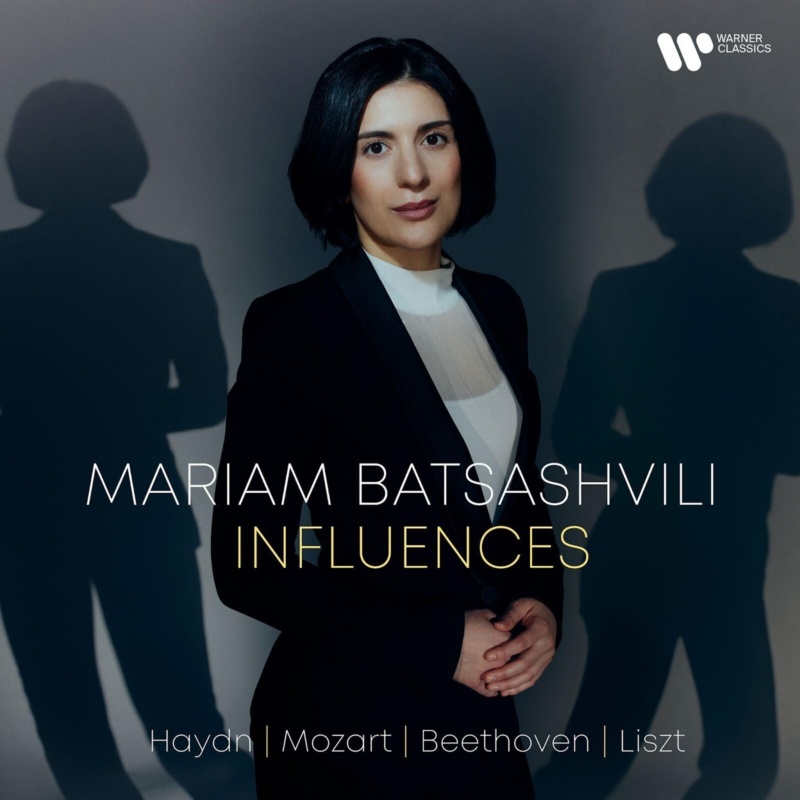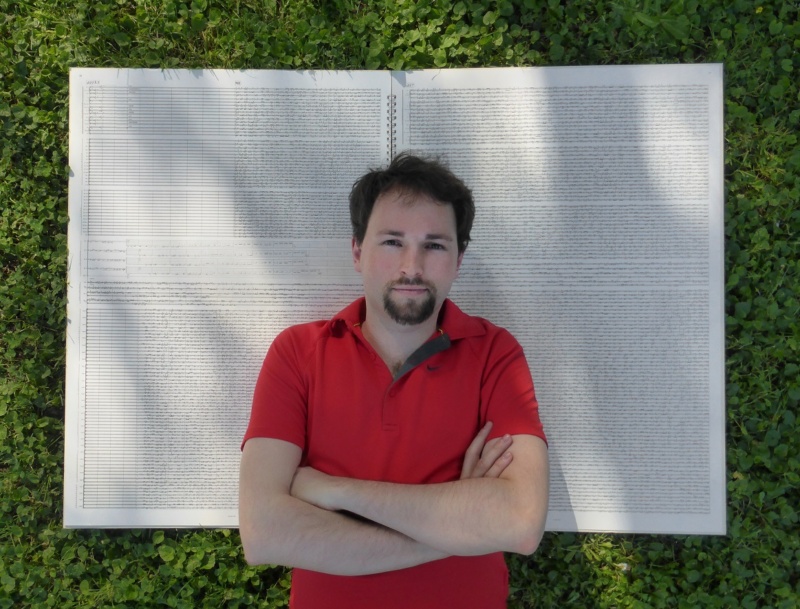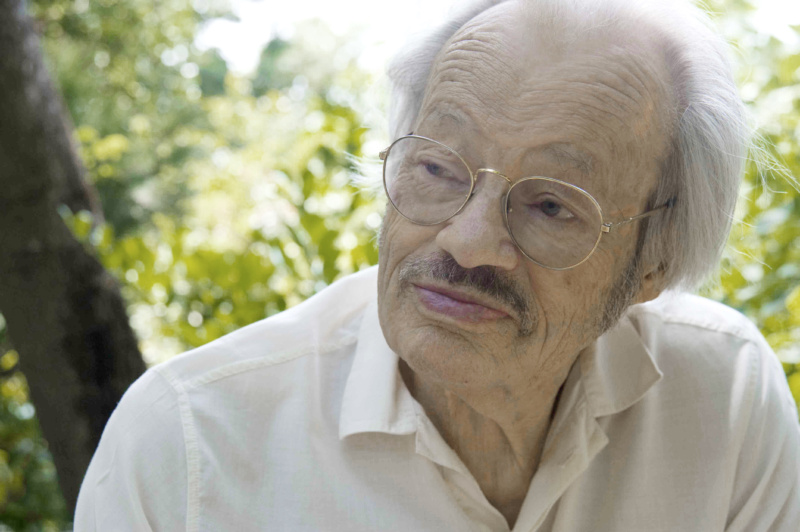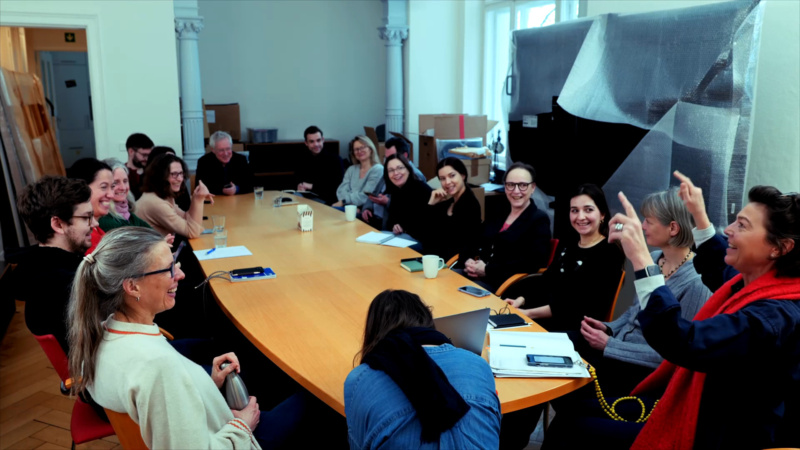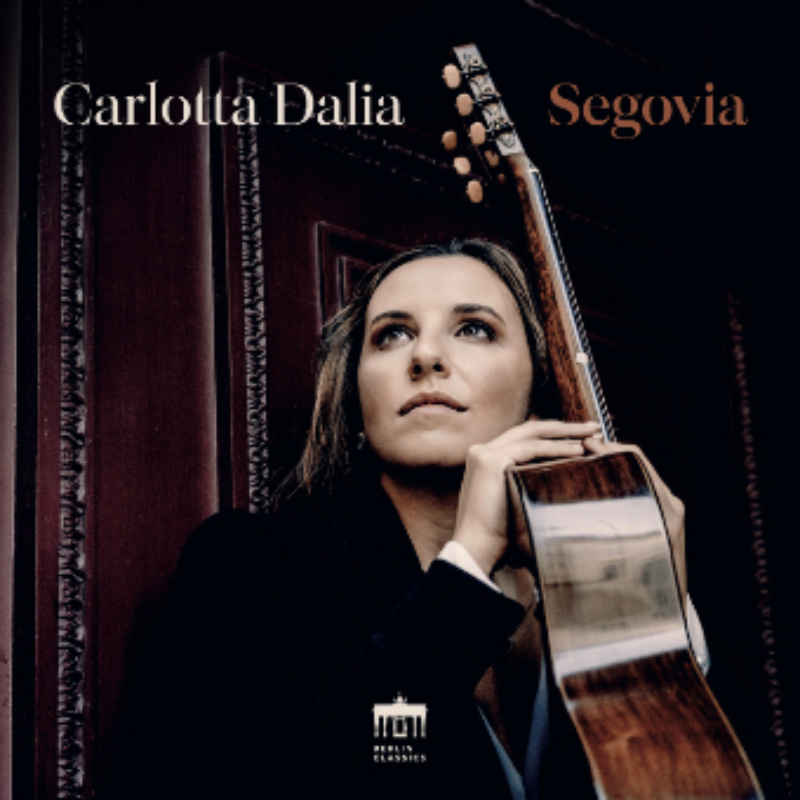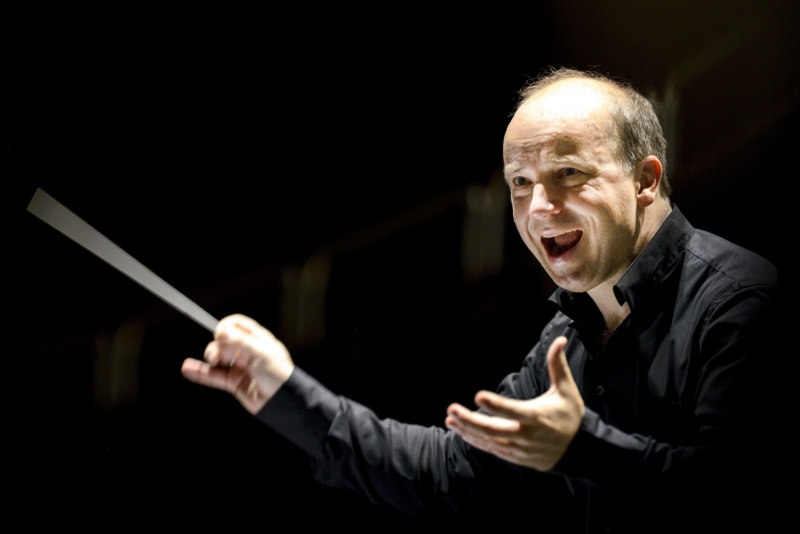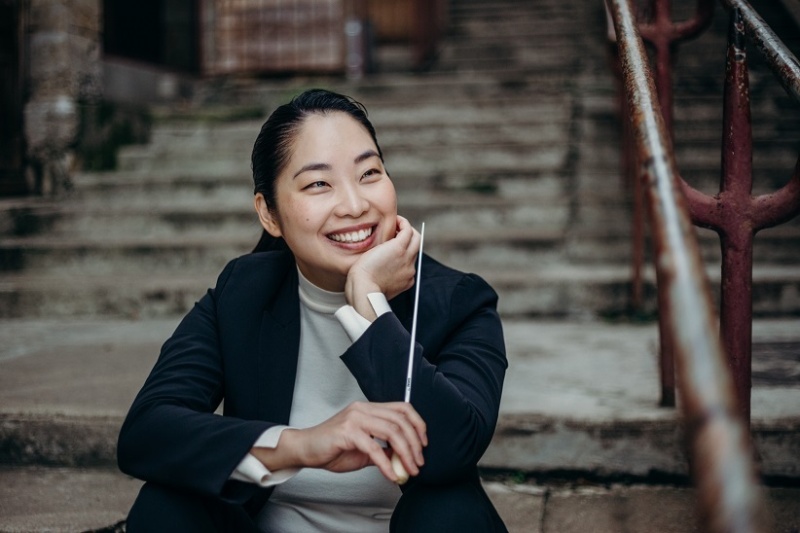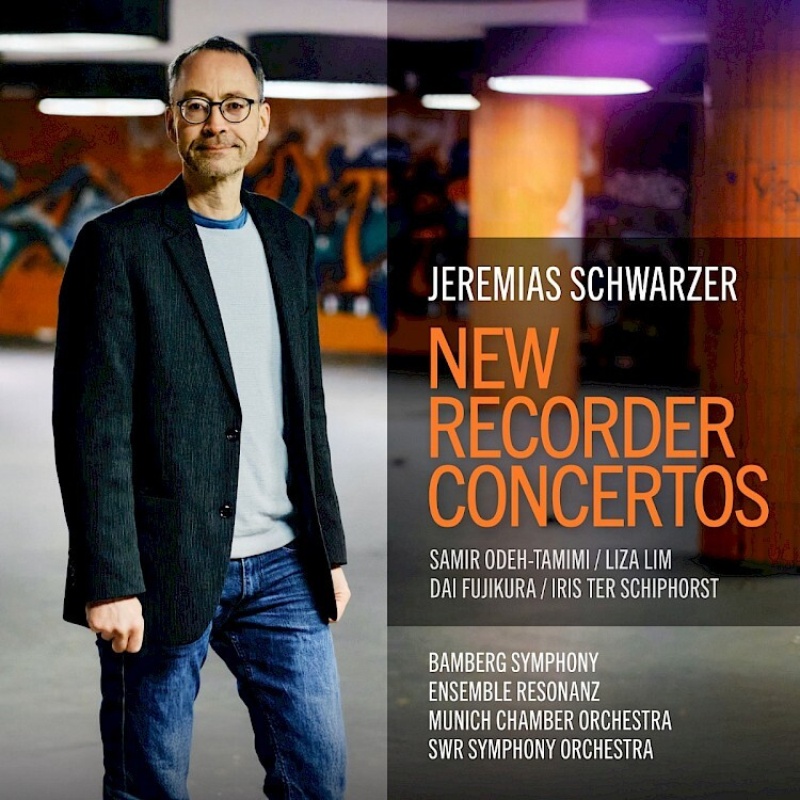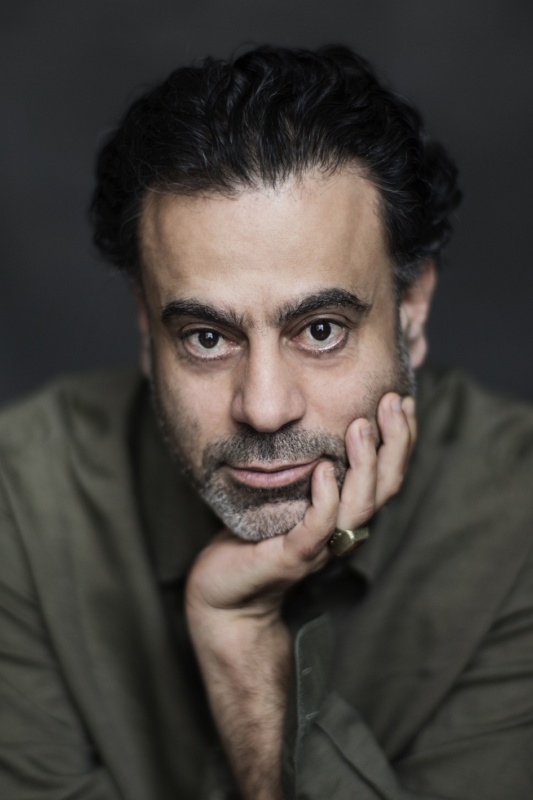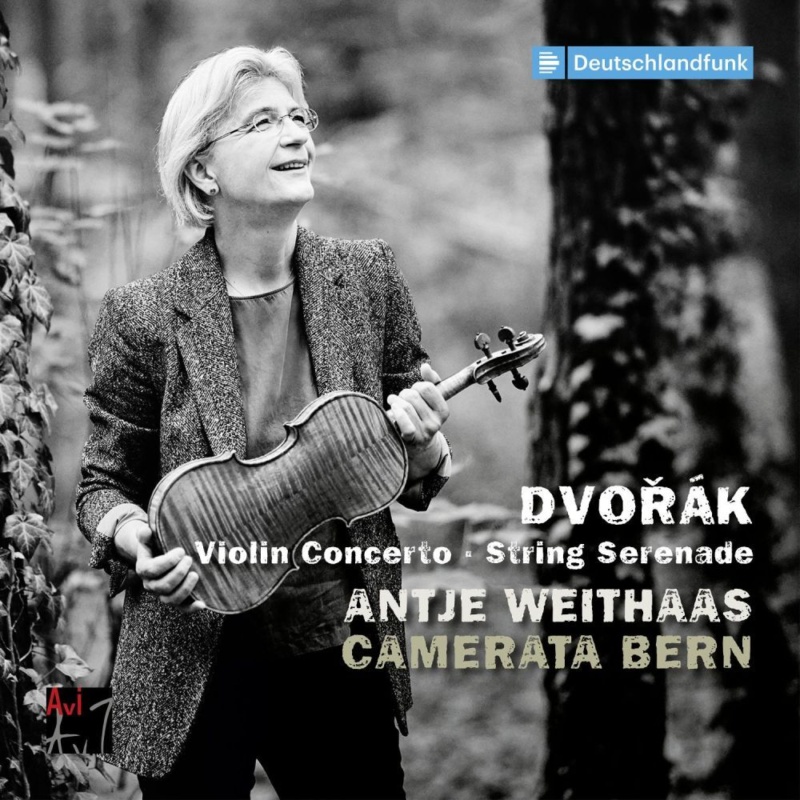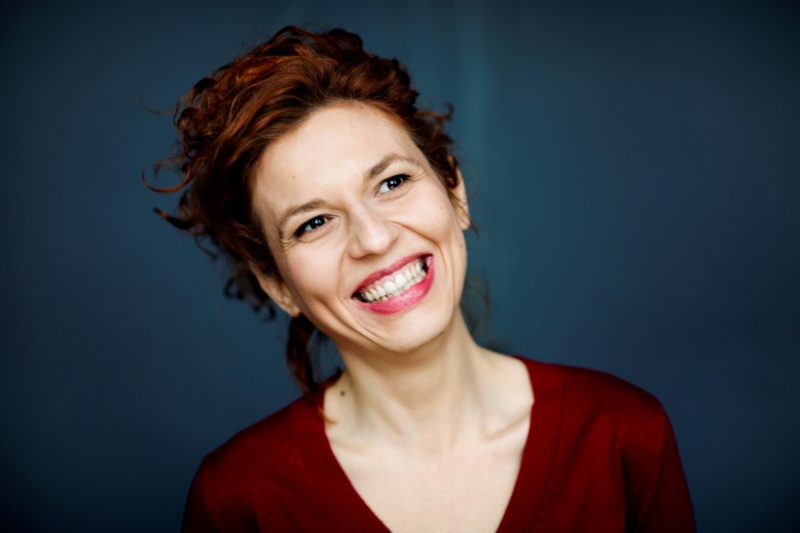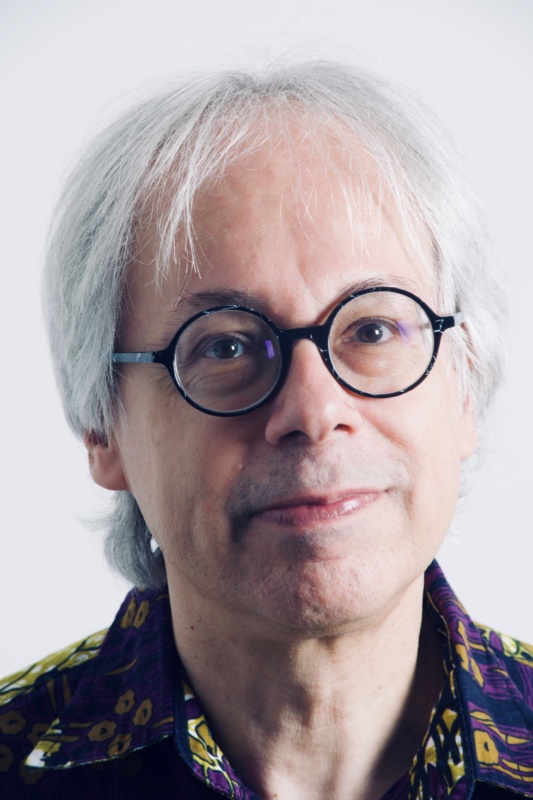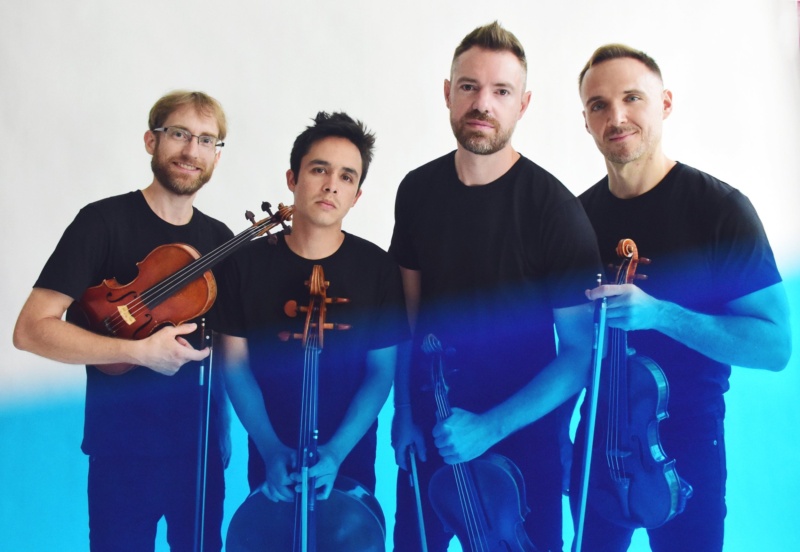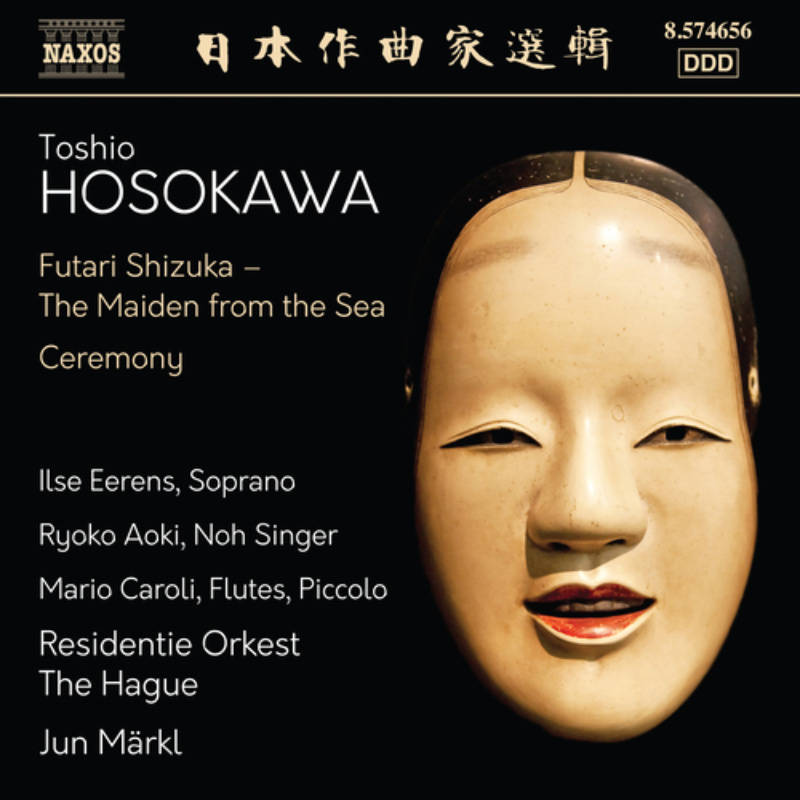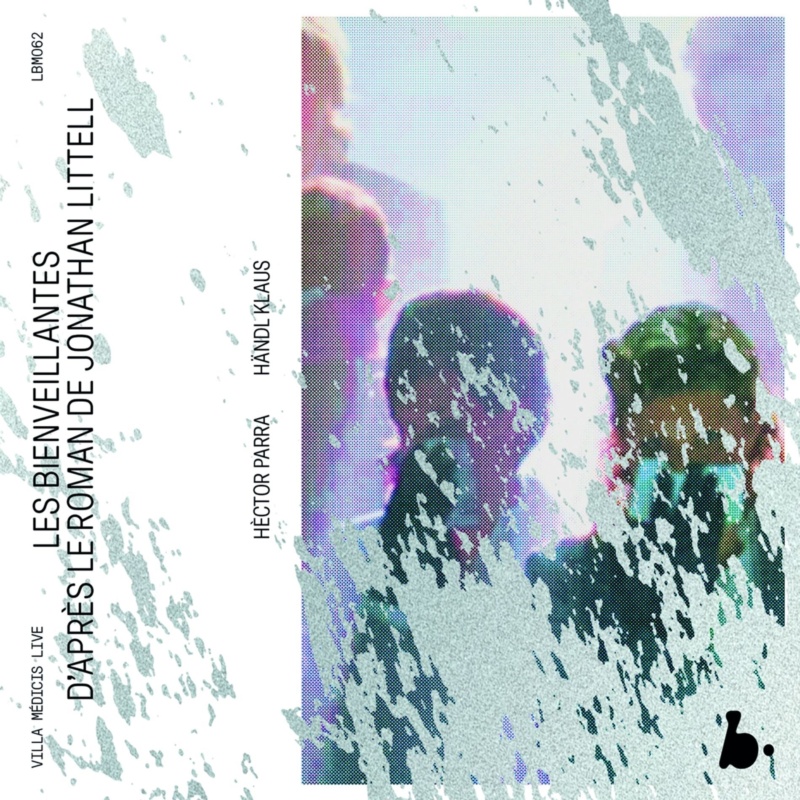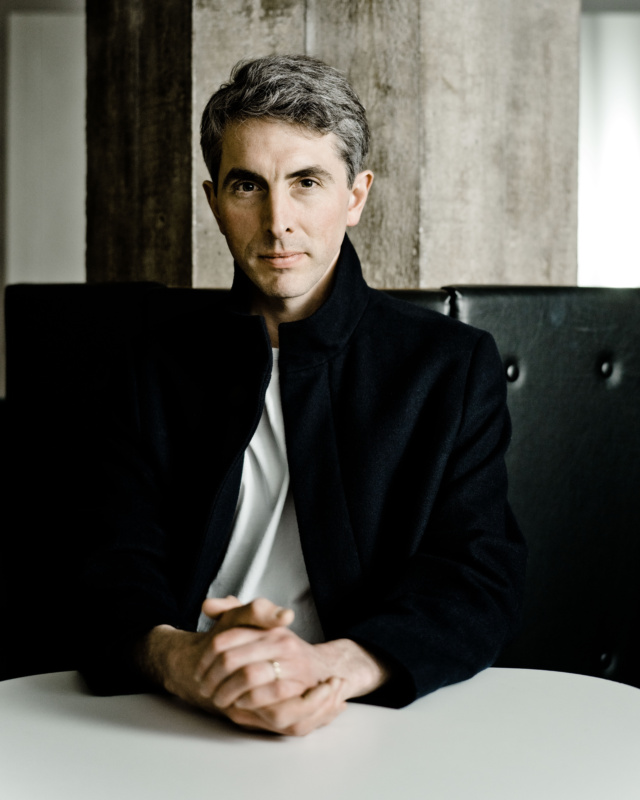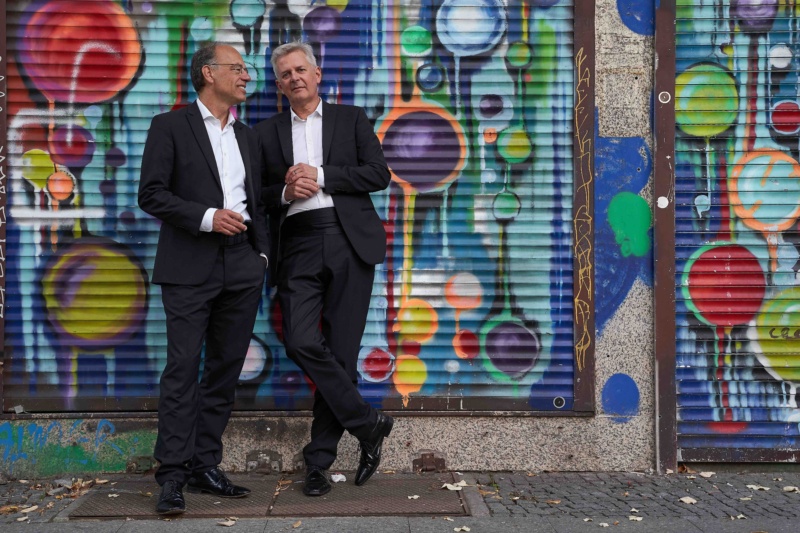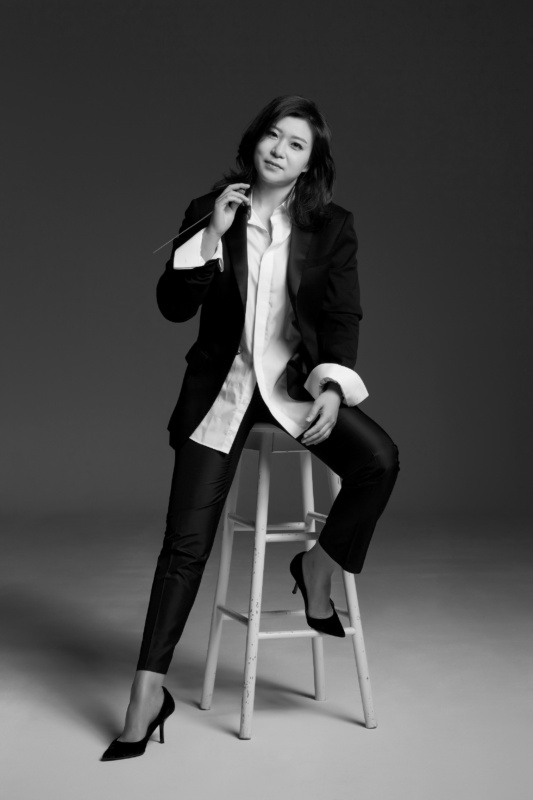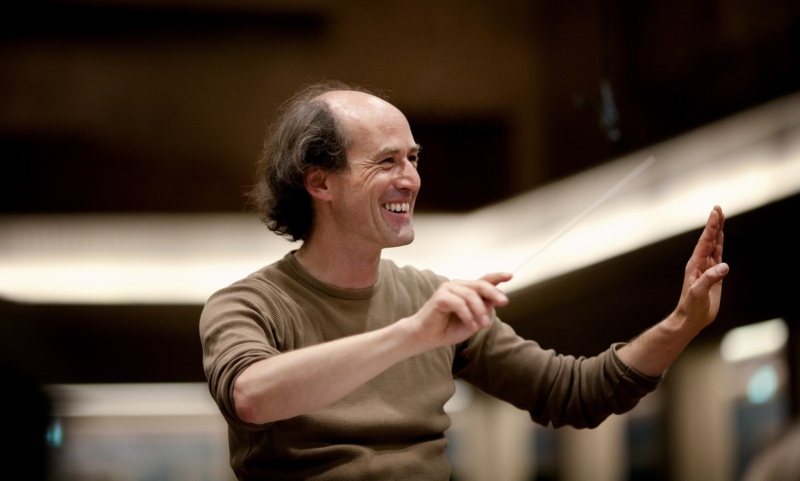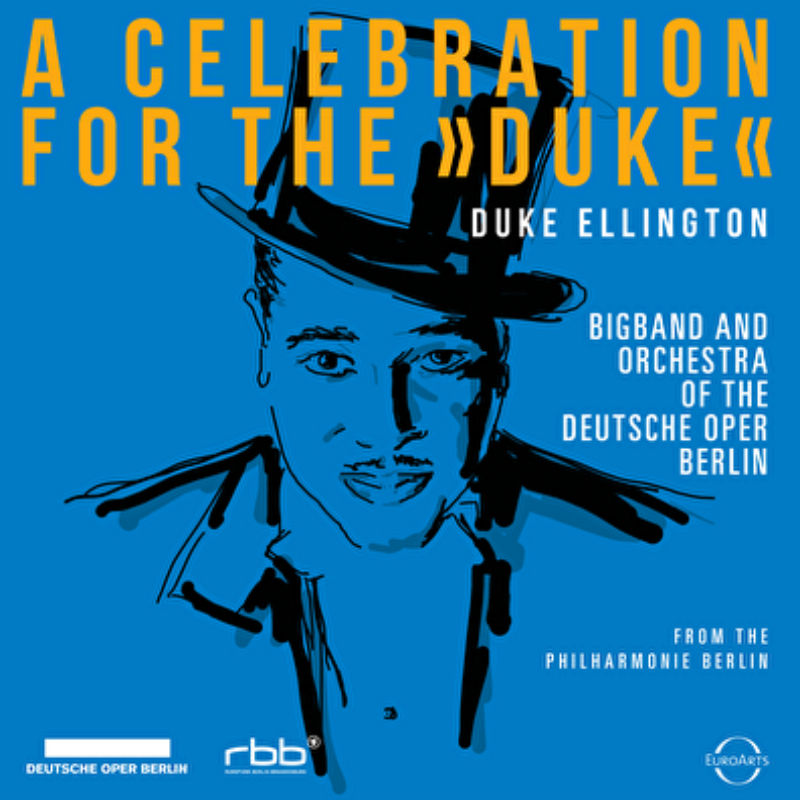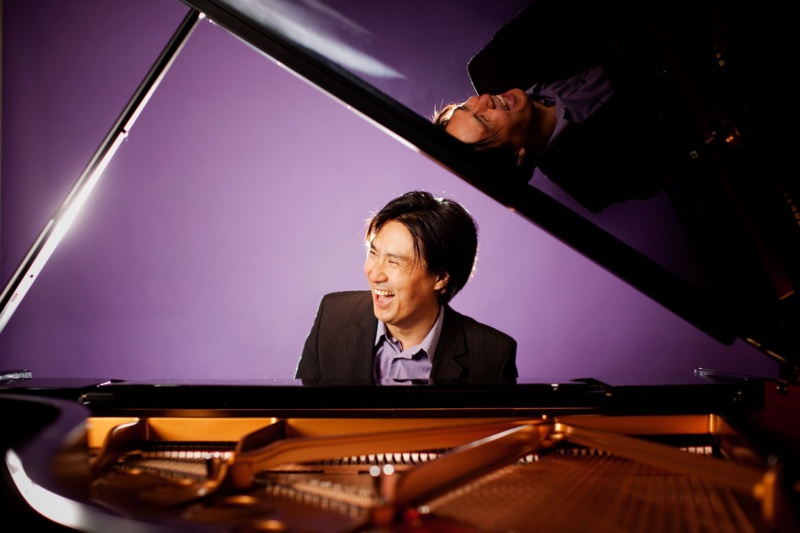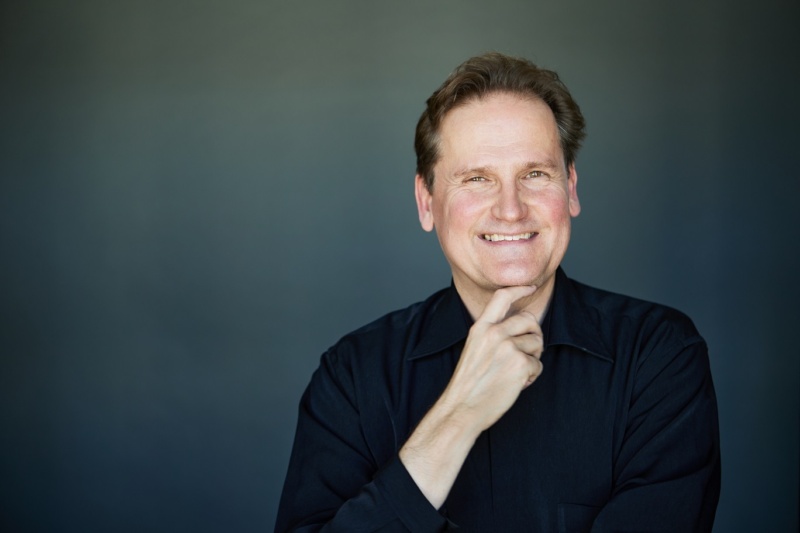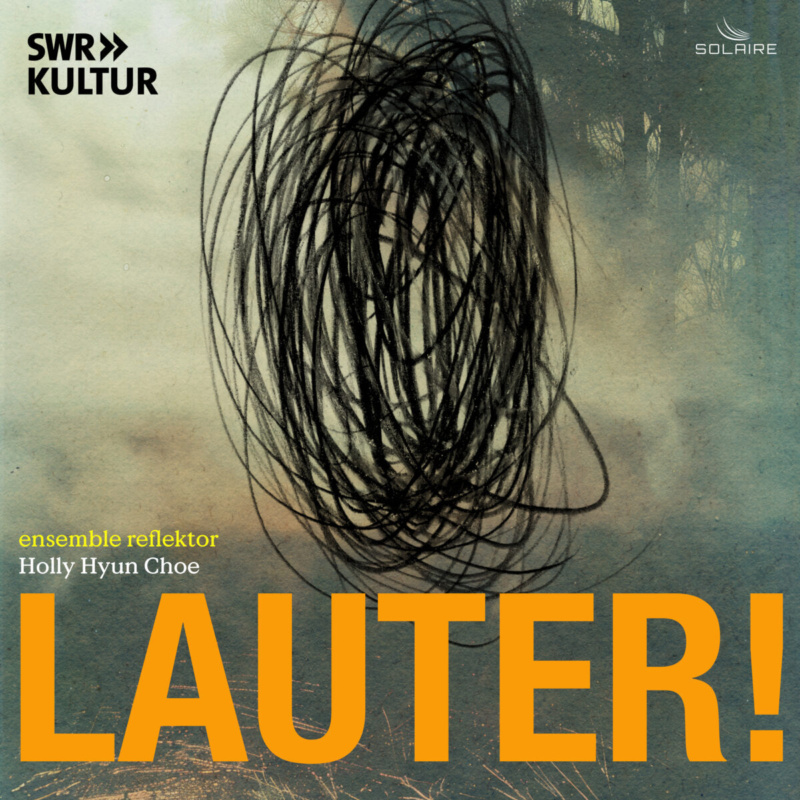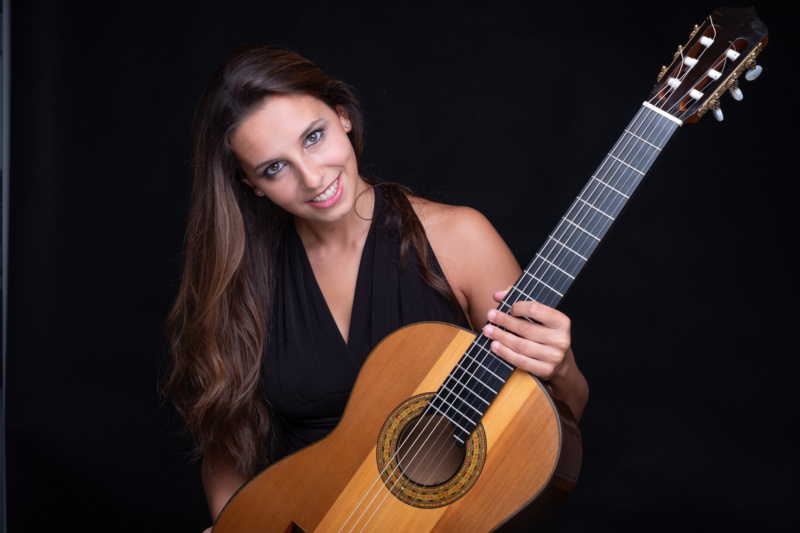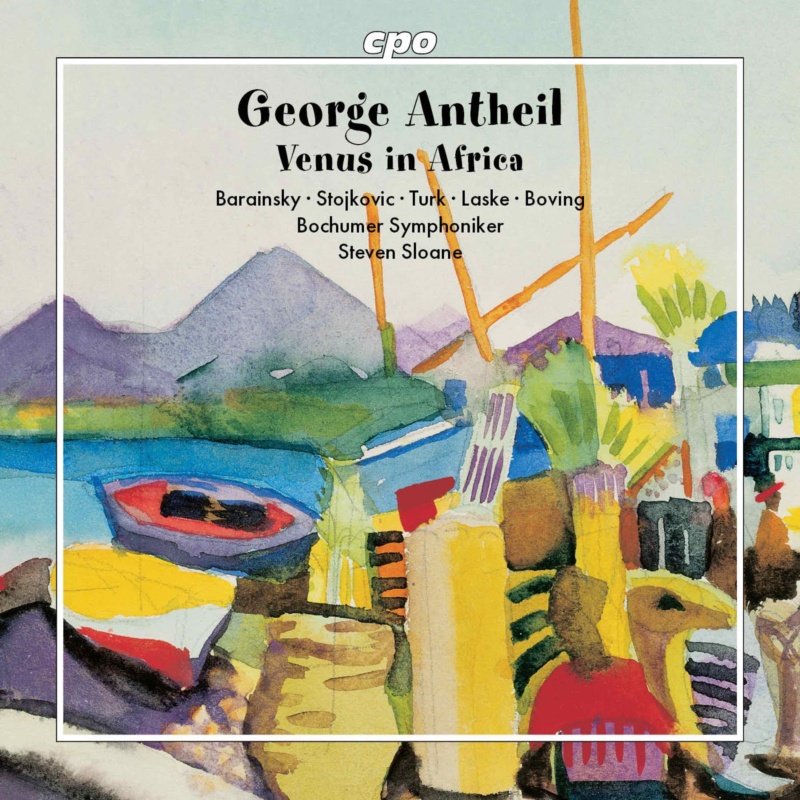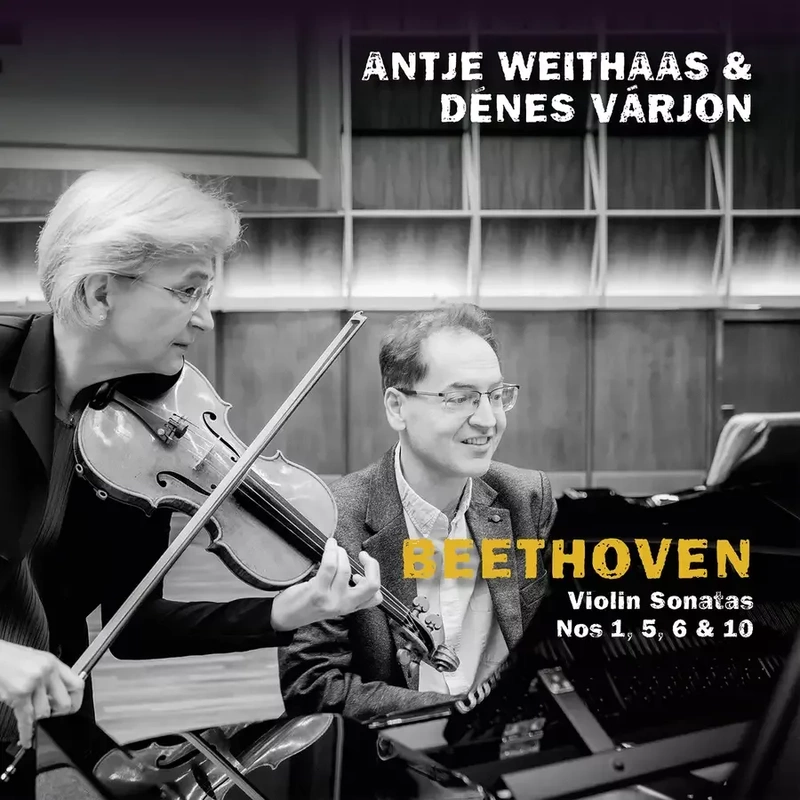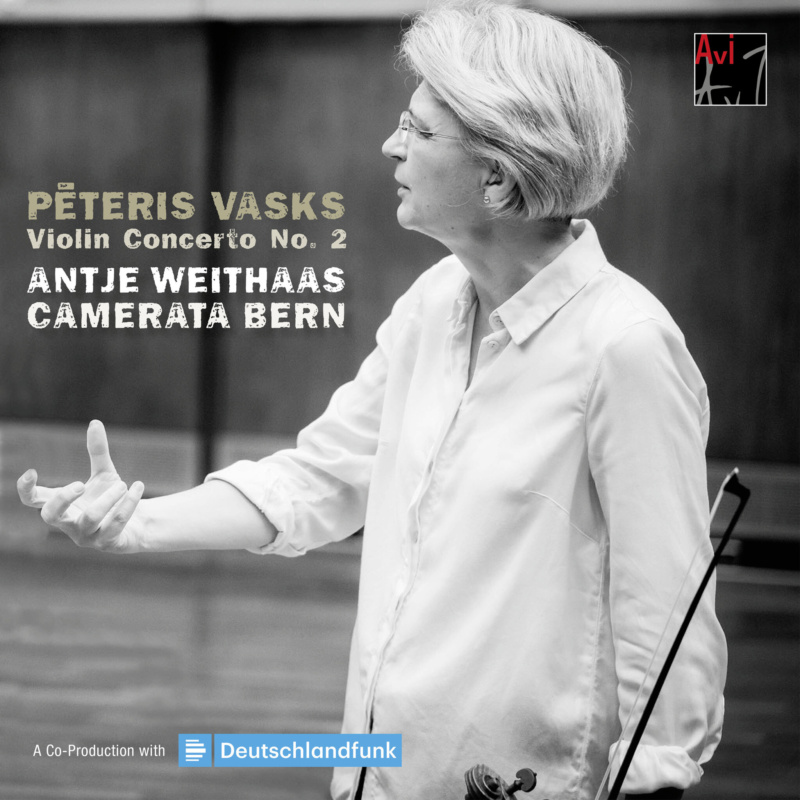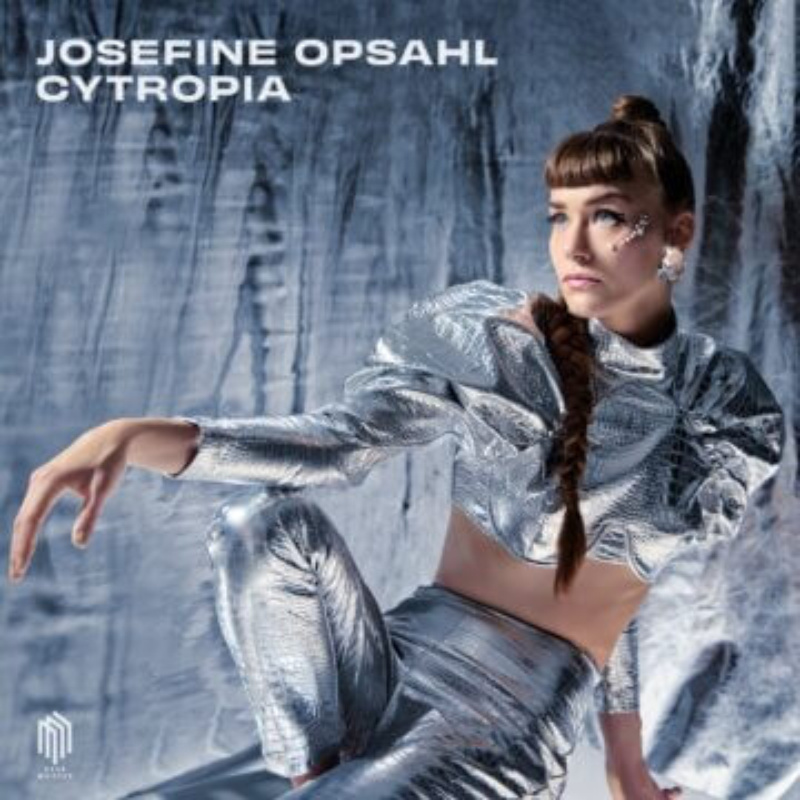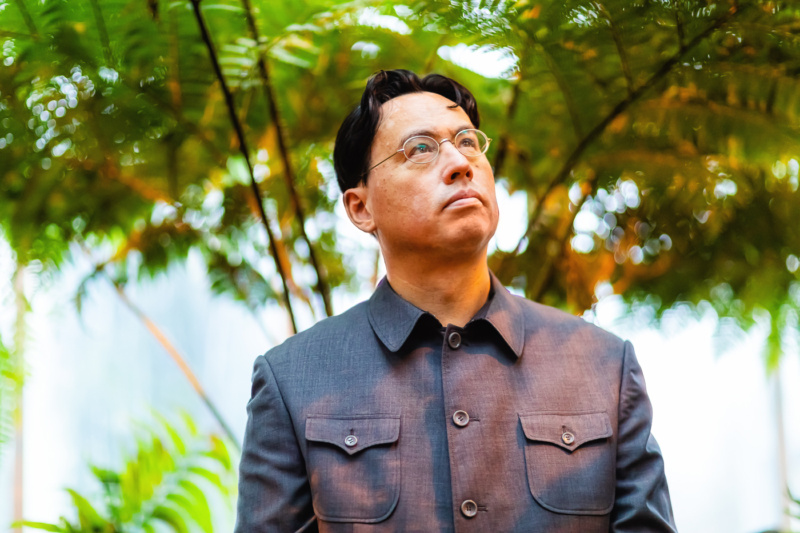As a conductor, he gave the closing concert with the Tonkünstler Orchestra, leading Brahms’ Symphony No. 1 and Mahler’s Rückert Lieder with Waltraud Meier, and for which Brad Lubman as a composer has written a new orchestral piece, Reflections. He has also acted as a door opener for a generation of young musicians through his teaching, as he explains in conversation with Sarah Laile Standke. In Grafenegg, he helped young musicians navigate the rocky terrain of contemporary music as leader of the festival’s composition workshop INK STILL WET.
In total there were three compositions by Brad Lubman premiered in Grafenegg. His Grafenegg Fanfare opened the festival, and his ensemble piece Theater of the Imagination was heard on the final day of the festival in a prelude to the closing concert which featured Reflections. Grafenegg presented a rare opportunity to get to know the American-born musician as a composer, who is more familiar on the conductor’s podium with the great orchestras and ensembles in Europe and USA as well as with Ensemble Signal, the group he founded in New York. The five composition students participating in INK STILL WET, who worked with the Tonkünstler Orchestra for five days, profited from Brad Lubman’s multi-faceted musical perspective as well as from his long teaching experience as a Professor at the Eastman School of Music in Rochester.
This edited excerpt from Brad Lubman’s conversation with Sarah Laila Standke about his compositional work and his view of the role of new music in contemporary concert programming is reproduced here with the kind permission of the author and the Austrian magazine morgen.
SLS: When and why did you decide to be a conductor first and a composer second?
BL: I was interested in becoming a conductor when I was 14 or 15 years old. I don’t know why, but for some reason I became obsessed with the idea, mostly because of the music of Mahler, Beethoven and Debussy. From the age of 14 until I entered college when I was 18, I would practice conducting to records of lots of different repertoire. I also started studying scores of the basic orchestral repertoire. Then, during my time in college, I organized various ensembles and was always conducting something (both old and new music). As soon as I got out of college I freelanced as a percussionist and a year after that I was conducting new music with different ensembles in New York. The main impulse was to conduct, but I couldn’t stop myself from composing. I see myself mainly as a conductor who composes, but composing is a serious part of what I do.
Does that mean you always have musical ideas in your head?
Yes, that’s an interesting question: How does a piece start? Does it come from a musical idea or an emotional state? Very often ideas come while I’m listening to someone else’s music, or backstage waiting to go out to a concert. In the early 1990s I considered giving up; I thought that maybe I actually have no ideas, and just imitate and emulate composers that I like. For two years I completely stopped composing, and started to listen to composers whose music I didn’t know, and explore things other than music; I read a lot of John Cage and Samuel Beckett and watched art films. After this two year crisis I just had to compose again; there is obviously an innate need to create on some level.
What fascinates you in music?
As a composer I’m influenced among others by Carter, Boulez, Feldman and Reich. In my own works of the last few years, I have been focusing on a non-narrative, incongruent, surrealist approach: to take the listener and surprise them. In general, I’m very interested in structure and logic, as seen in the music of Bach, Webern, Boulez and Carter, as well as music with a mysterious and emotional side, for example Mahler, Schubert and Debussy. I’m also fascinated with colour in life and in design, which is why I am really fond of spectralist composers like Grisey and Haas - although the latter wouldn’t call himself that.
What role do you think new music plays in the concert hall and in people’s minds?
I think that it should play a different role than it does at the moment. For many people it is still “that weird music”. Imagine if the only thing you ever ate was a bread roll and a tuna fish salad. That’s terrible! You would never get to experience Italian and Indian cuisine or ice cream. The standard repertoire is great and uplifting and I love all of it, but I find that if it is all that you know, it can be very limiting. The role of new music should be to keep people open-minded. If you can learn to be open to new music and new art forms, you can be open-minded and understanding with other people even if you’re from different cultural backgrounds. The typical response of most people is: “I don’t want to hear it, I’m afraid I won’t understand it,” but maybe there is nothing to understand – just listen to it. Maybe you’ll love it, maybe you’ll hate it, or maybe when you hear it again in ten years, you’ll love it. This takes a lot of work. I think that maybe we were getting somewhere in the 1970s, whereas now we are taking a step backwards. The most important thing nowadays is ticket sales and not art for art’s sake. However, with younger people who start their own ensembles, especially in New York, there is a great enthusiasm about new music. I think the concert world is very predictable and needs revitalising: some of the new music that’s being commissioned seems to stay within a safe zone. A lot of these pieces are fantastic, but I think it’s the job of presenters and performers and conductors to not only play that type of new music which may be user friendly, but to create a more open experience.
How do you think this could change? Do composers or audiences have to change?
A lot of places are now reaching out to younger audiences and trying to introduce them to new music. That’s a step in the right direction, because if you get to someone when they are eight or 15 years old, you can change their life in a very profound way. Steve Reich once spoke about how a friend played him Stravinsky’s Rite of Spring, Bach’s Brandenburg Concerto No. 5 and some John Coltrane when he was 14 years old. He said it was as if somebody had opened the door to a room in his own house that he had never seen before. I think there are many people who would be open to this and just need to be shown the right way.
Why do you think people are afraid of listening to contemporary music?
I think people are basically afraid in general. It also has something to do with one’s upbringing. People want to feel like they are a part, like they belong. And if they feel removed from it, they might say: “I don’t want to go to a classical music concert because I don’t understand it. The orchestra wears these ancient tuxedos, and I don’t know what to do.” This person would rather go to a crazy loud rock club. Perhaps the person who only goes to orchestral concerts should also go to a night club and experience the energy. It is just the fear of being open. Who knows if we can ever discover a way around it, but I think that’s the first boundary that we have to get past.
